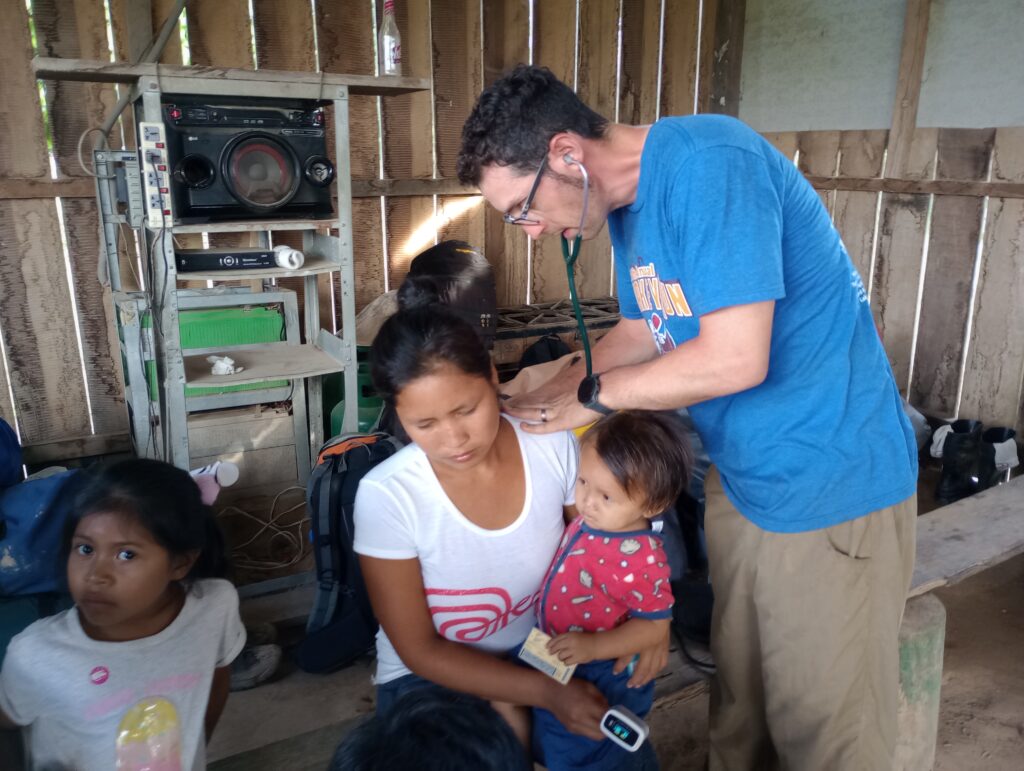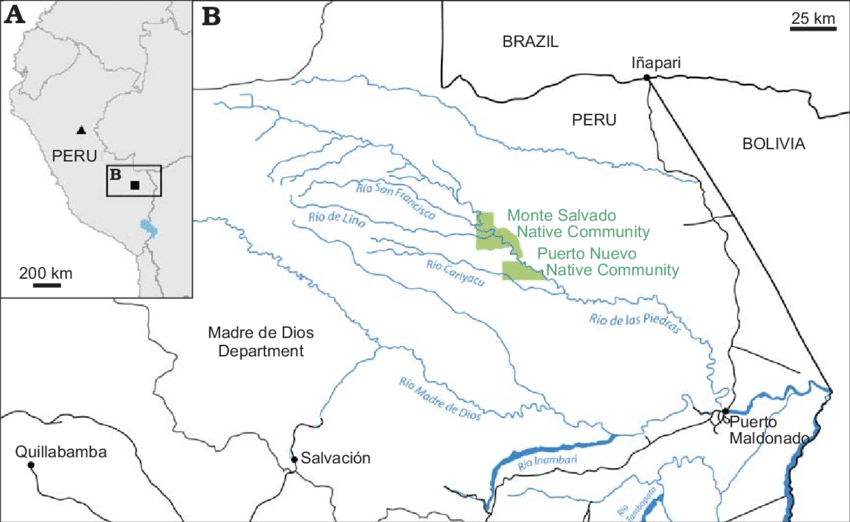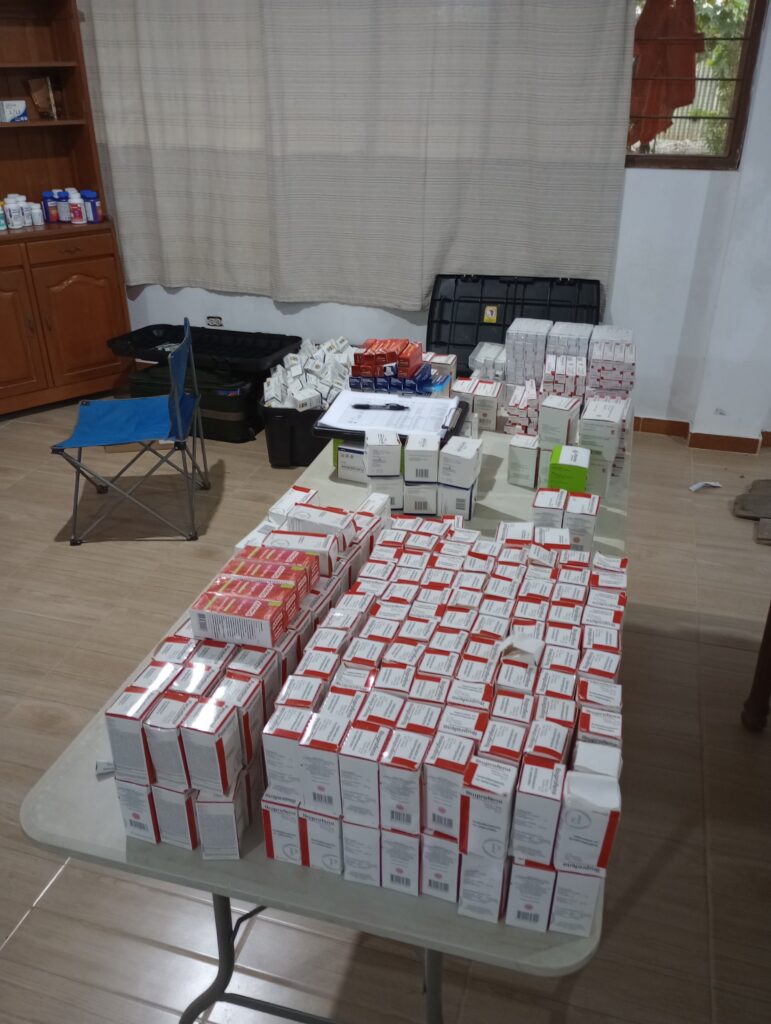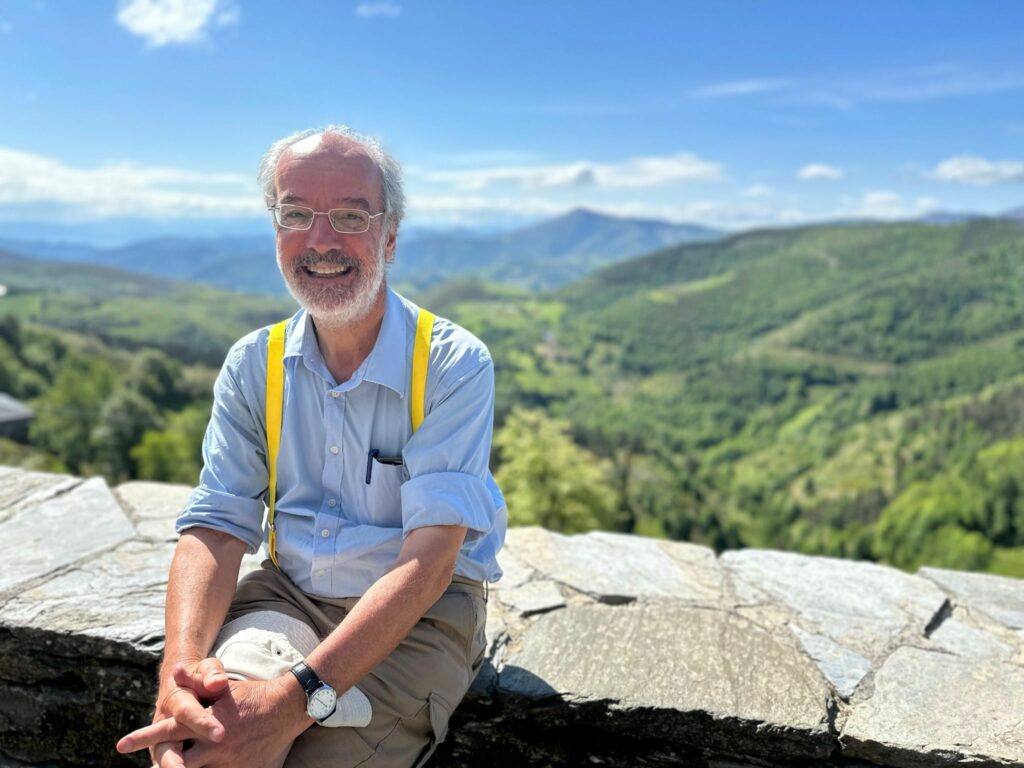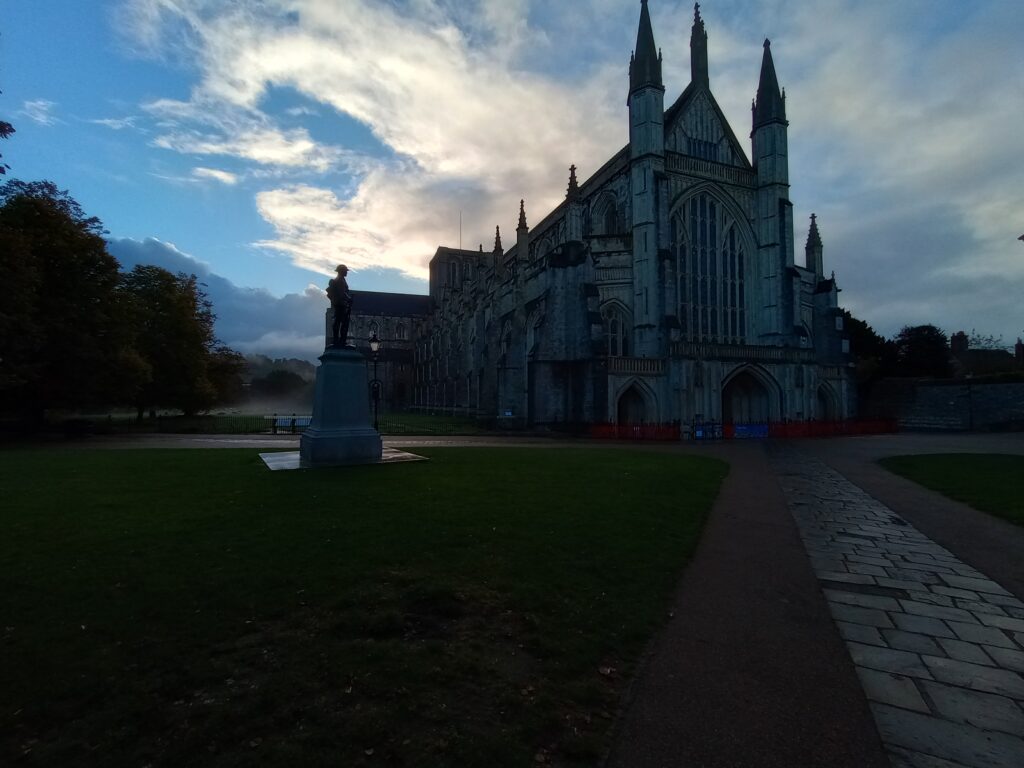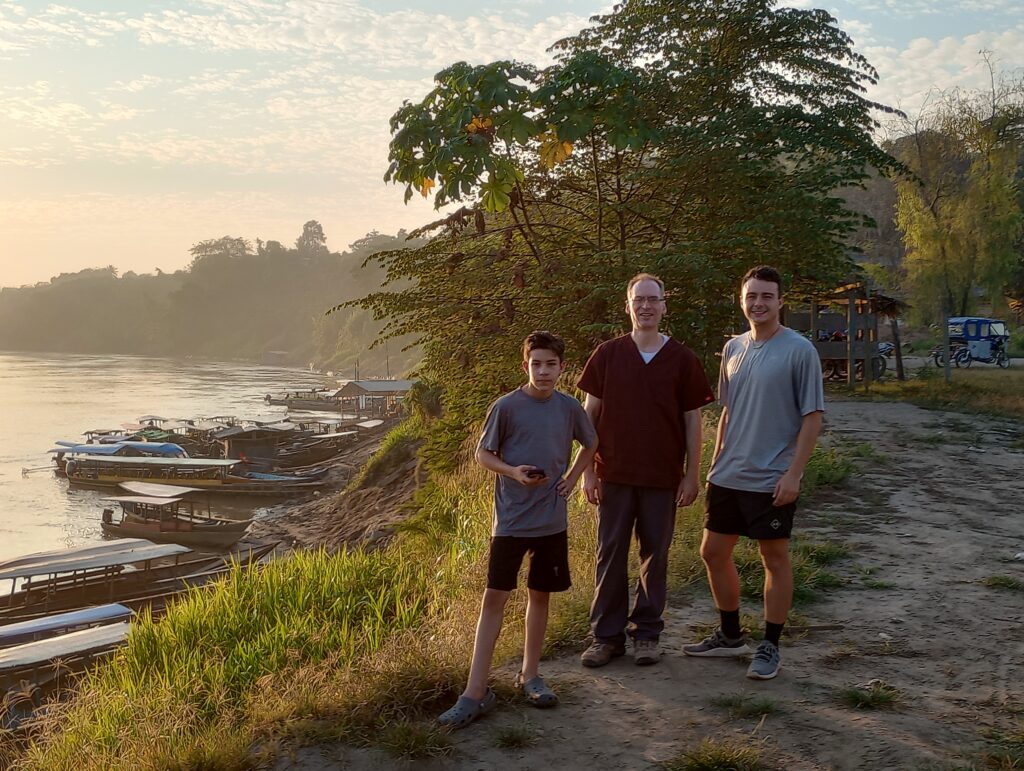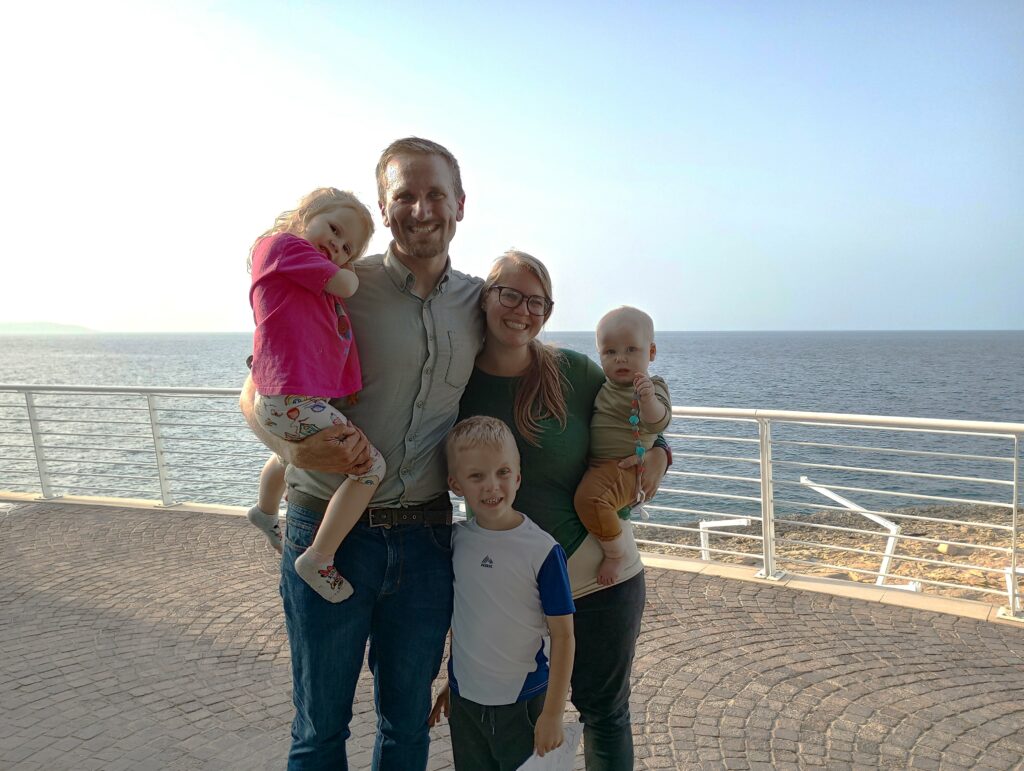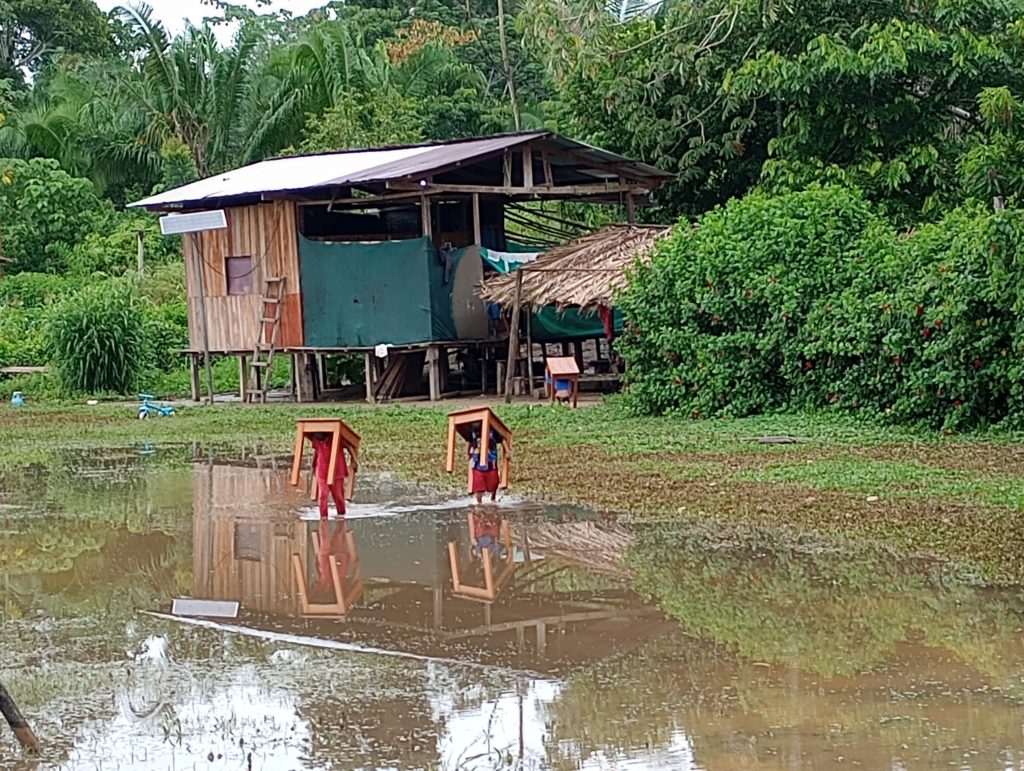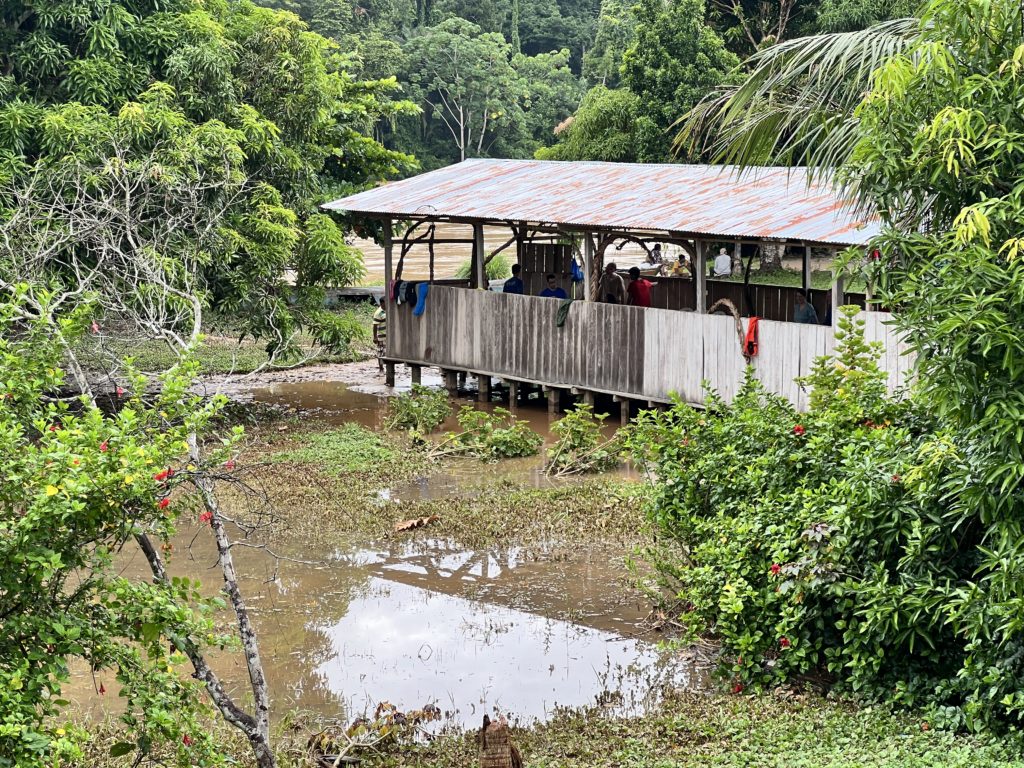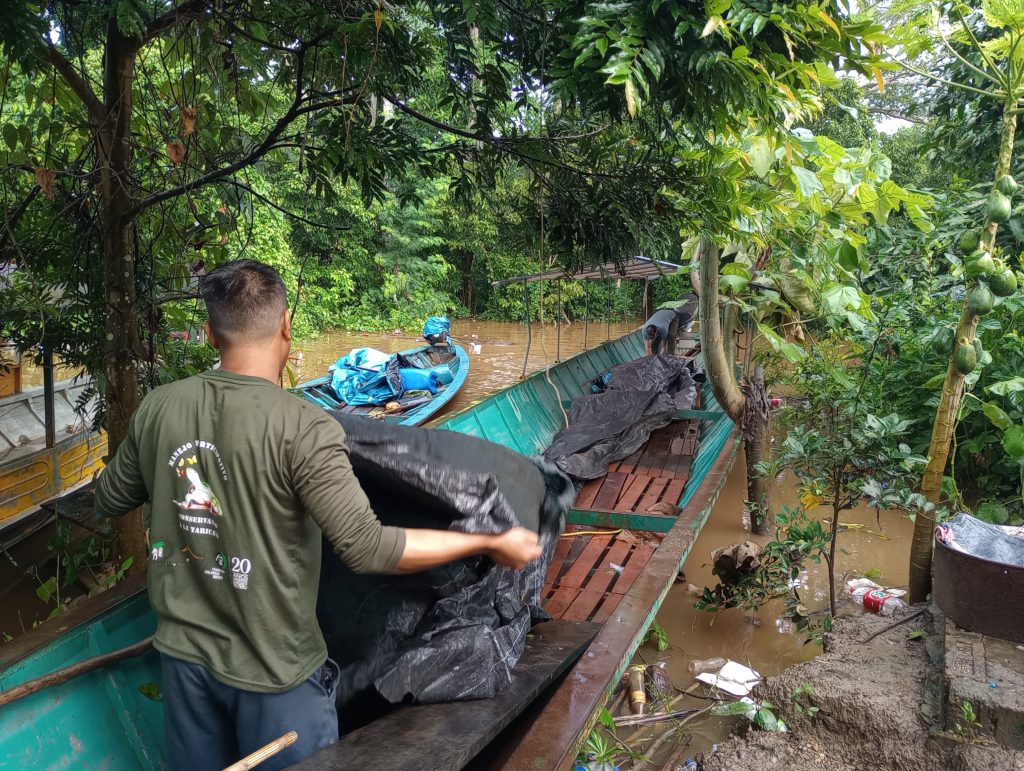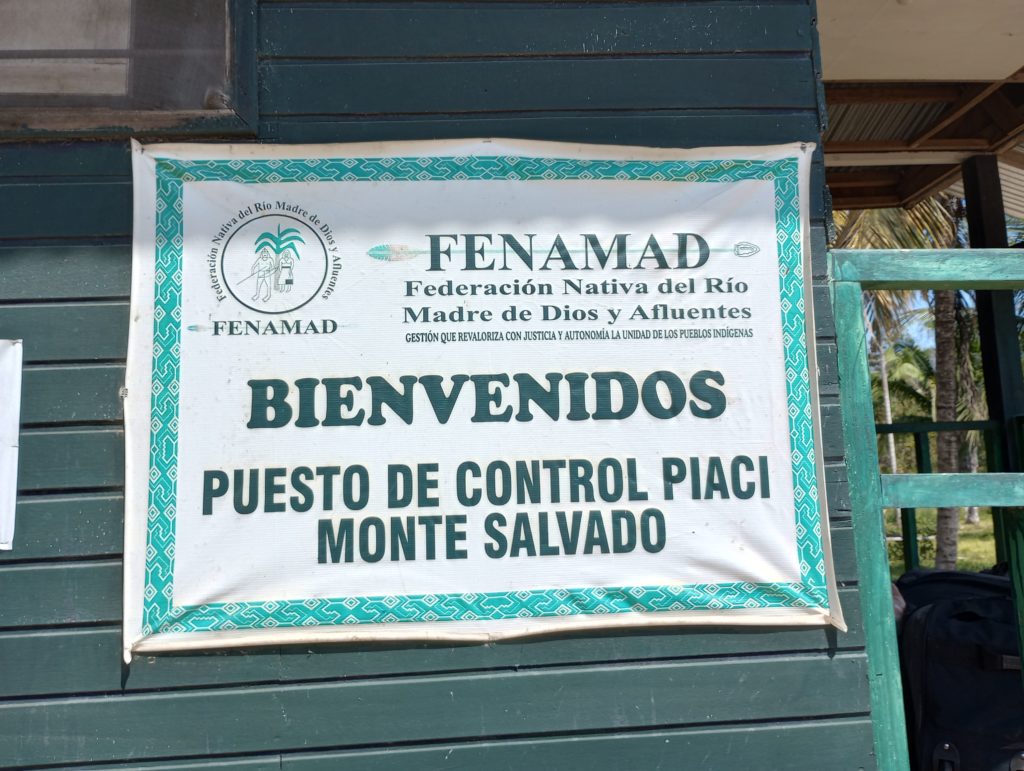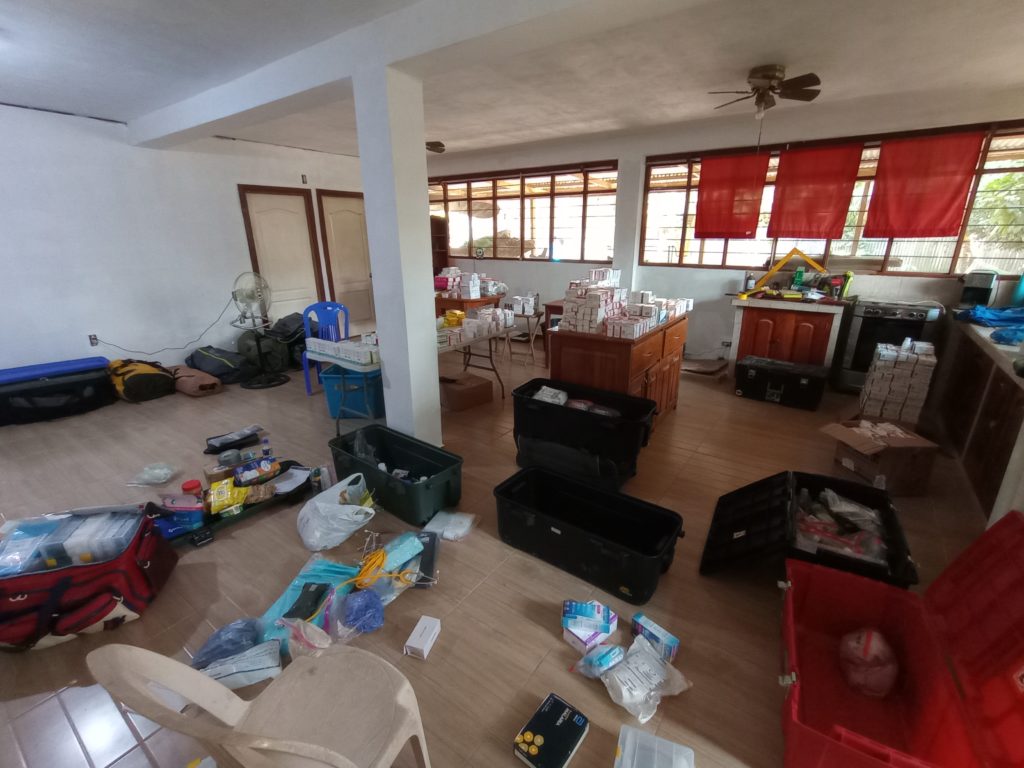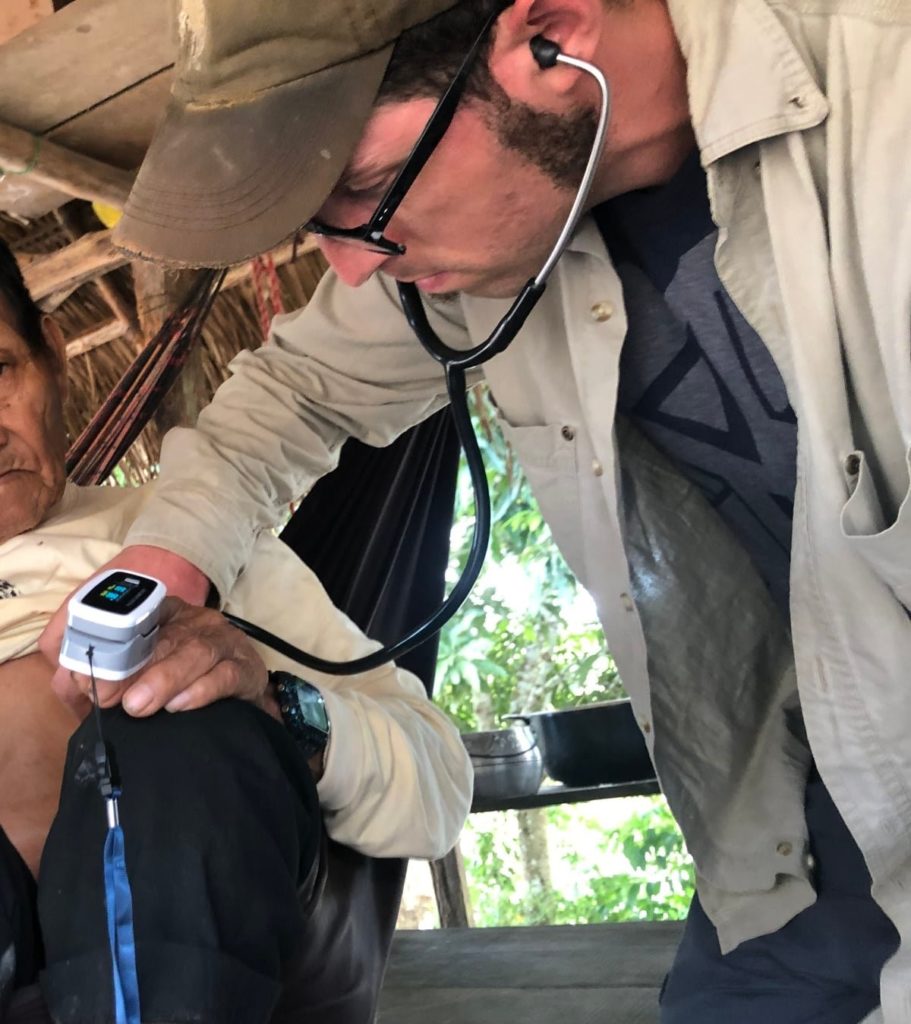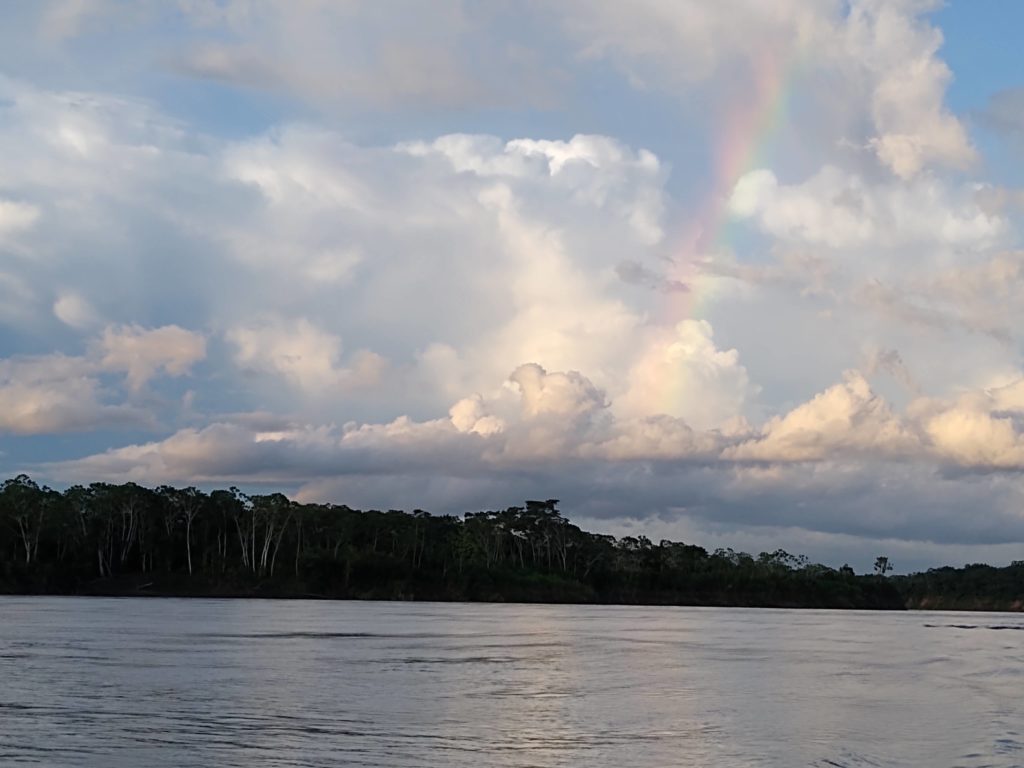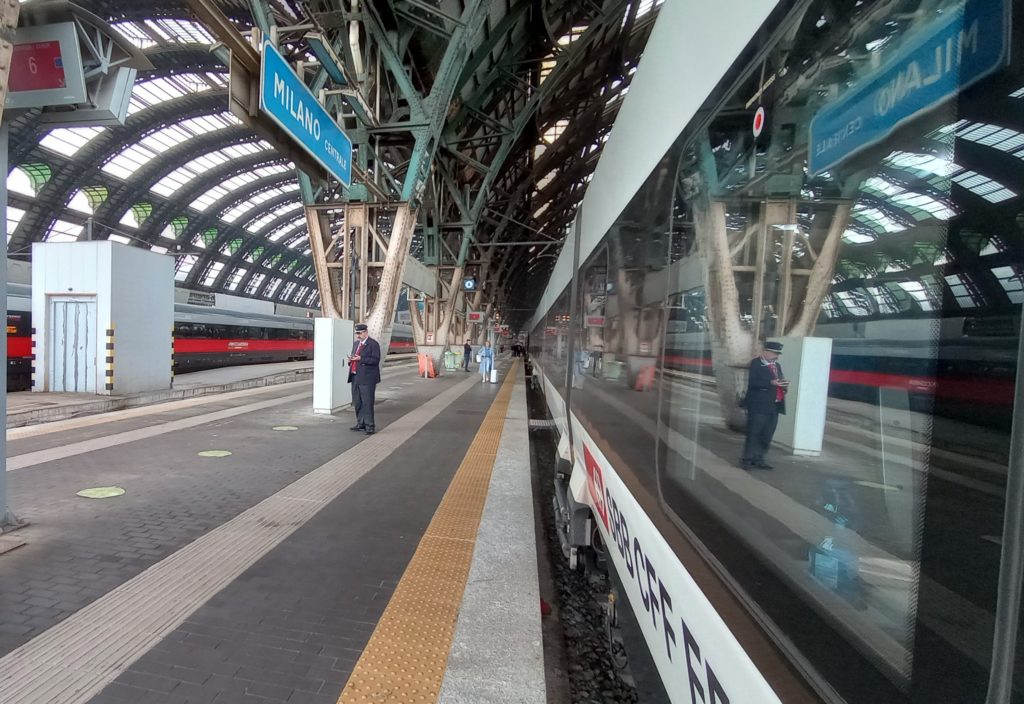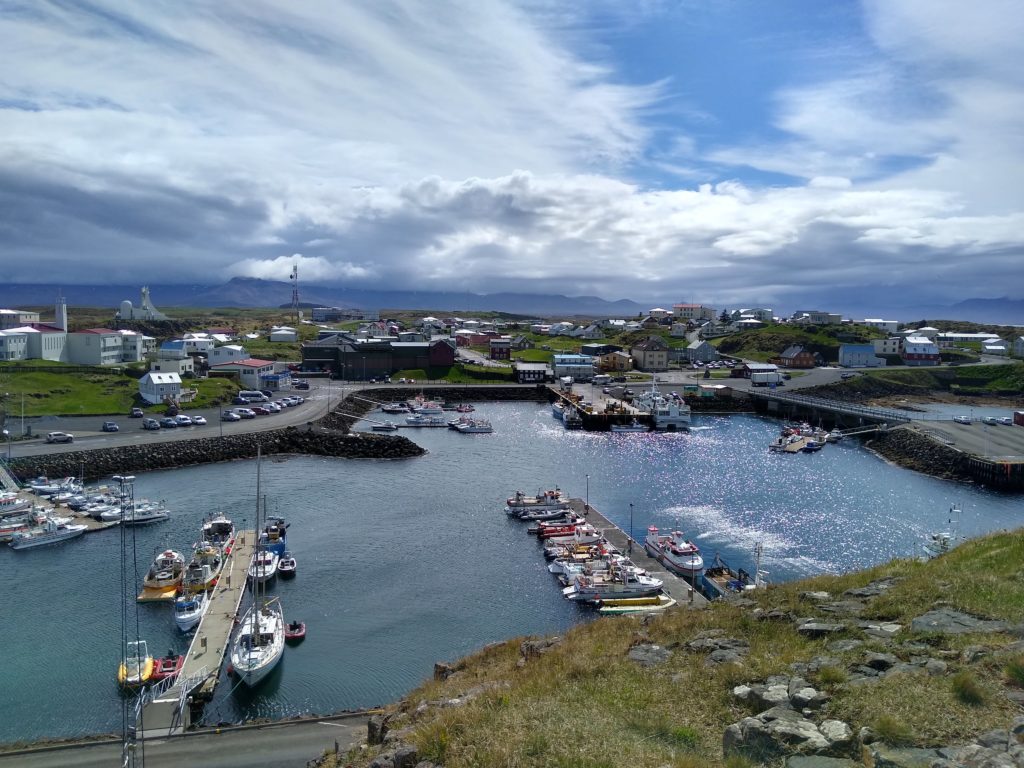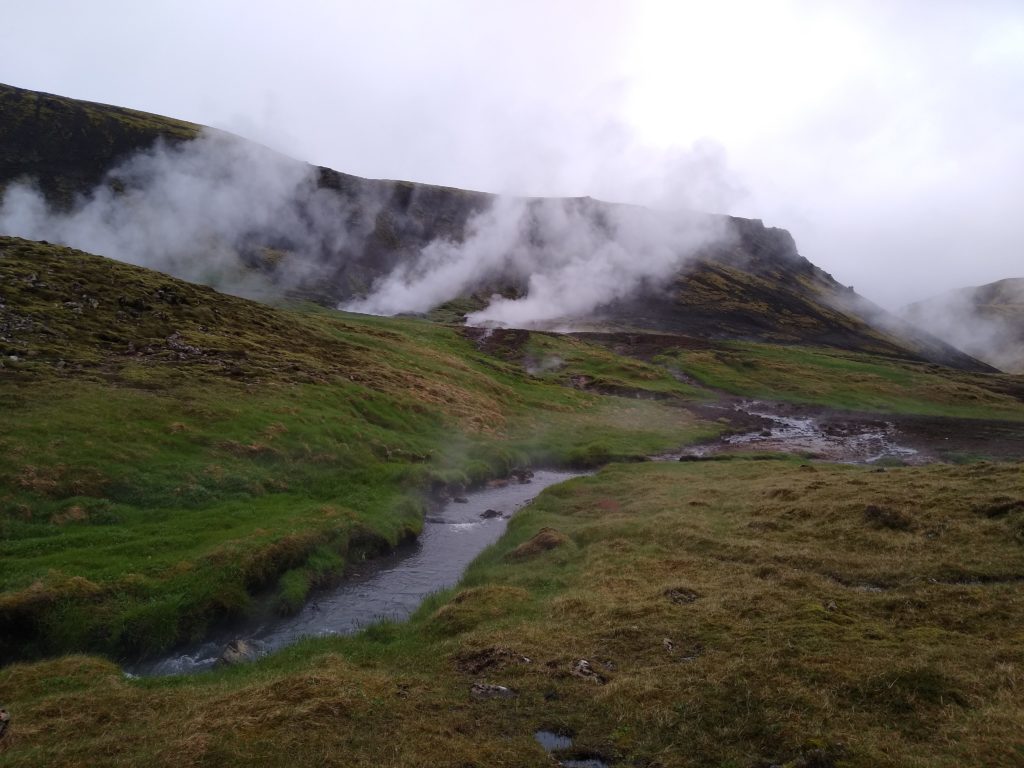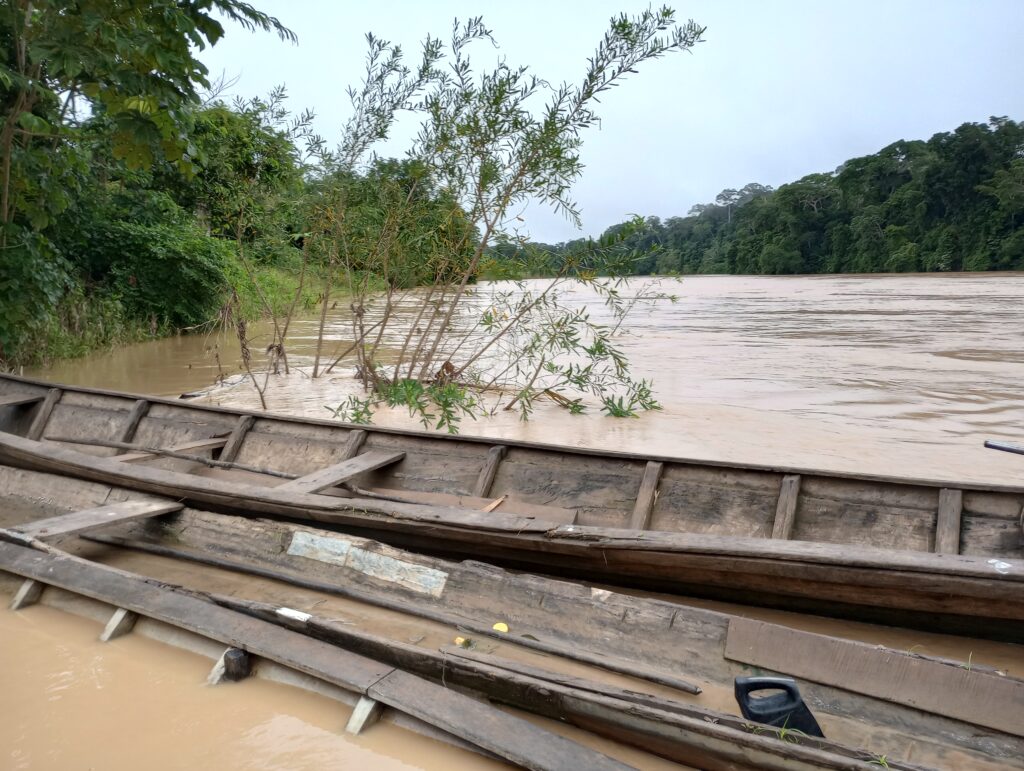
Travel Journal, 144
I walked with a friend outside a small village called Tipishka. Let’s call him Daniel. He’s a friend of mine who I’ve seen several years in a row now. But I only see him here, in Peru. This is my fifth time making this journey from Puerto Maldonado in the Madre de Dios region of Peru, into the deep jungle along the Last Piedras river. We’ve had torrential rains and slipped and slid through the milk-chocolaty mud, all the way up to what is quite possibly the remotest place I’ve ever been.
The end of the line here is a place called Monte Salvado. Pretty ironic if you think about it. The name translates to something like Salvation Mountain. And that’s what’s happening here. I suppose they call it “mountain” because of the hill upon which it sits, overlooking a restricted reservation where an uncontacted people group (occasionally violent) call home. And I believe that it’s also called “salvation” for the rescue plan our Lord started here years ago; souls brought to the caring side of Christ.
Our small group of around 25 medical professionals, assembled from all over the US and Peru, make the boat journey along the river to bring proper Medical Care, attention and love, and most of all, the sweet salvation that our Lord offers. Our Great Physician came to seek and save that which was lost. And he cared for both soul and body while he was here on earth. Our mobile clinic provides a needed service and the local missionary provides needed discipleship. The partnership that is more beautiful than the jungle itself.
But now we were on our way back. And our last stop was this little village, Tipishka. And I’m on my walk with Daniel. Last year, most of this place was underwater. The water levels rose higher than I’d ever seen. The river blasted past us at raging speeds, but it’s deceptively quiet. And last year our clinic crew slogged into this village, covered in mud and river water. That much water causes problems. We aren’t talking the cool and crisp clearness of the Snake in Wyoming. No; every rainy season heaps and piles of rain tear apart jungle and river-bed to concoct a muddy sludge of warm, sediment heavy filth, drawn like a brown Crayon for miles without an end. But this year is different. They’ve had less flooding and fewer days of rain. But I chuckle. It poured on us the whole time. Despite drier ground, this place is still soaked. Wet places like this inevitably result in higher rates of disease and medical needs. Tipishka is no exception.
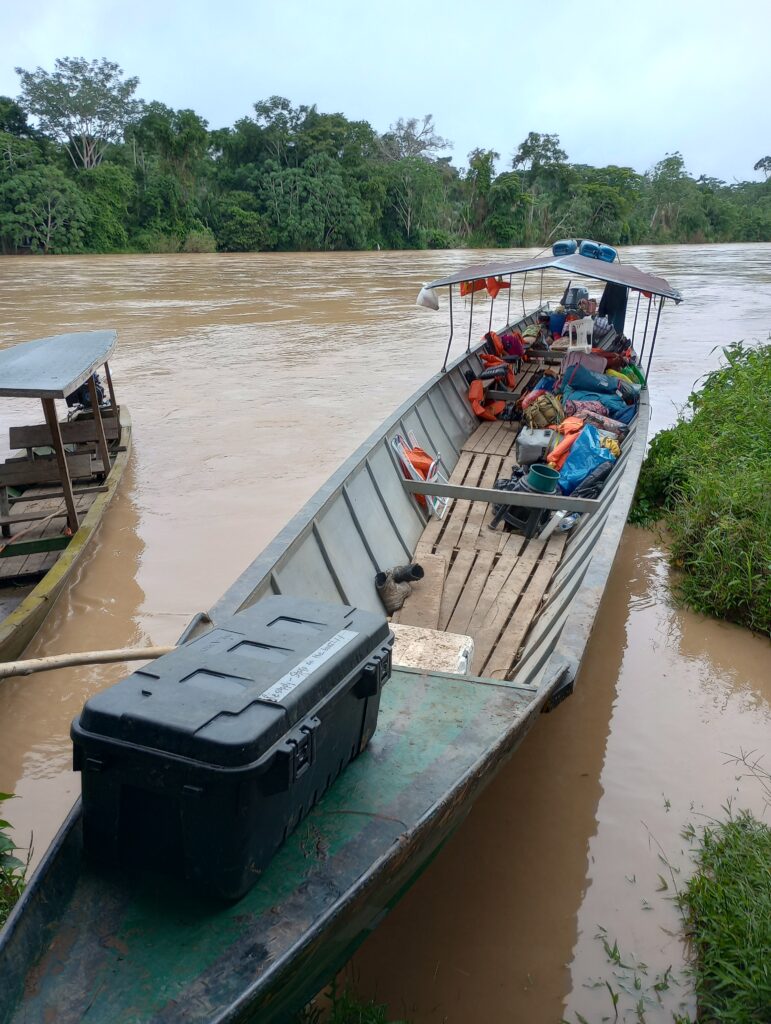
Our team had arrived earlier in the day and set up our clinic (think MASH, but with a boat and without the army and Hawkeye’s martinis). Here we saw more patient’s that we had expected. You may be tempted to think of these mobile clinics like an urgent care here in the US. Not so. When we go these villages, we see every person there. This may be the only healthcare they get. And we saw it all: infectious diarrhea, parasites, diabetes, hypertension, injuries, well-child checks, and so much more.
One such man came limping. As I took his blood pressure and other vital signs, I noted that one foot was bigger than the other. Much bigger. In fact, he had cut his left shoe so his foot would fit. And even then he had to cram it in there. This man had stepped on a stick about a week ago. His foot infected, became hot to the touch, ballooned, and the pain increased. The doctors on our team looked it over and decided that a piece of the stick most likely remained inside the bottom of his foot. What was the answer for him? He needed surgery. And despite encouragement from our physician, he didn’t want it. He simply collected his medication and went on his merry. He knew the risks. He knew that his foot would mostly likely become so bad that eventually he would go septic. And yet he ignored the need and moved on. The healthcare would cost him nothing. Our team agreed to foot the bill. We would even take him into Puerto Maldonado on our boat. There was a food cost and housing to think of; but we would make it work. And yet he declined.
Sometimes our need is so apparent it stares us in the face…or sticks in the bottom of our foot. We go to the jungle to not only address the medical needs, but also the spiritual needs. The painful sin and suffering of mankind festers and oozes with the infection of being apart from a caring and Holy God. Only through the healing salve of His Son will we be healed. And yet we often find ourselves just trying to comfort our pains on our own without accepting the true medicine of Christ. His gift of himself is free and healing.
So Daniel and I walked to find this man. His house was a bit outside of Tipishka. We finally found him slowly plodding along in his mismatched shoes, obviously in pain. He denied our help so we turned back. Why wouldn’t he just agree to the help? I thought.
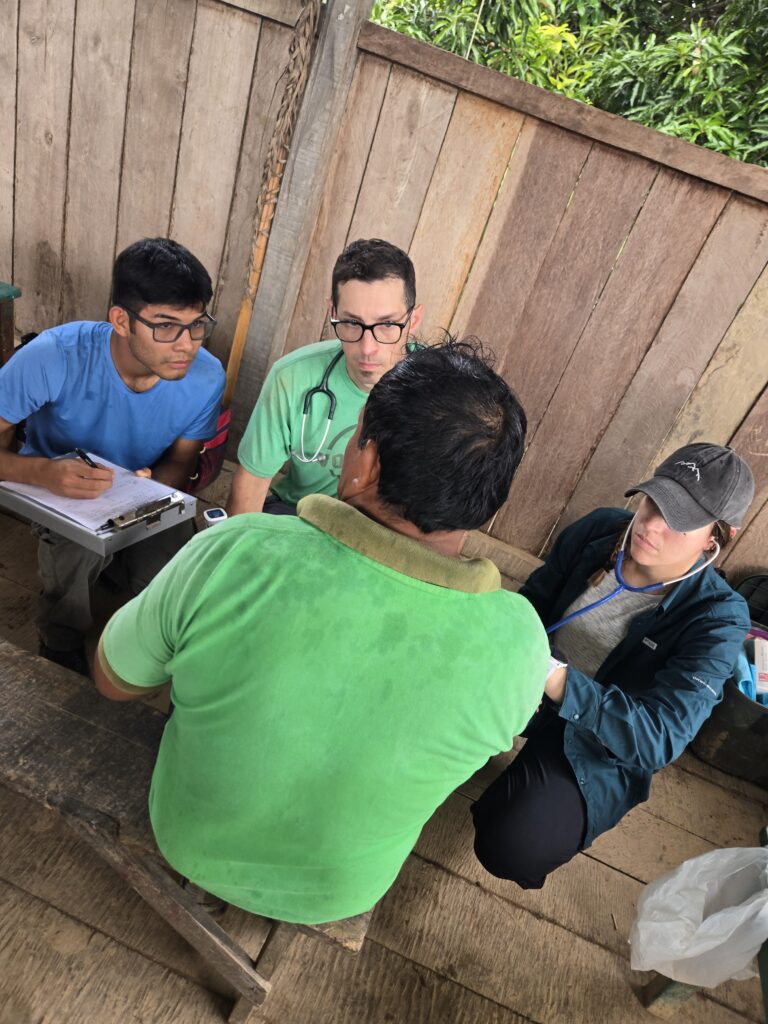
The clinic finished and we began the process of packing up. It was our last clinic and we were ready for a shower and sleep. Someone handed me a large plastic tote full of medications and I turned to put it in the river boat. Out of the corner of my eye, I saw a familiar hobble. The man had changed his mind.
We were notified days later that he received the care he needed and foot was healing nicely. I cannot speak to the health of his soul. But many more people in this world have weeping wounds in their soul—full of the pain of sin. If yours is one, seek out that Great Physician. He isn’t willing that any should perish, but that all should repent. He heals the broken hearted. He dresses their wounds. And he saves those that are crushed in spirit.
anthony forrest
Check out further tales about this year’s Medical Campaign in Peru.
